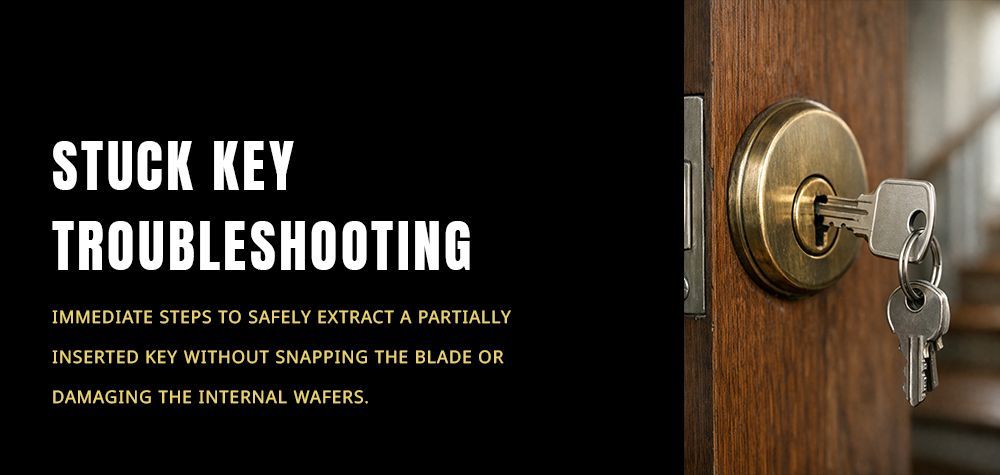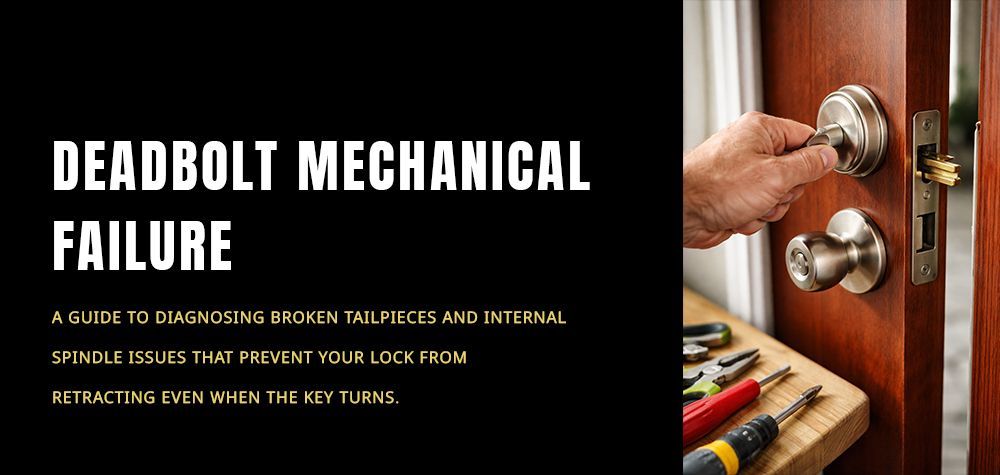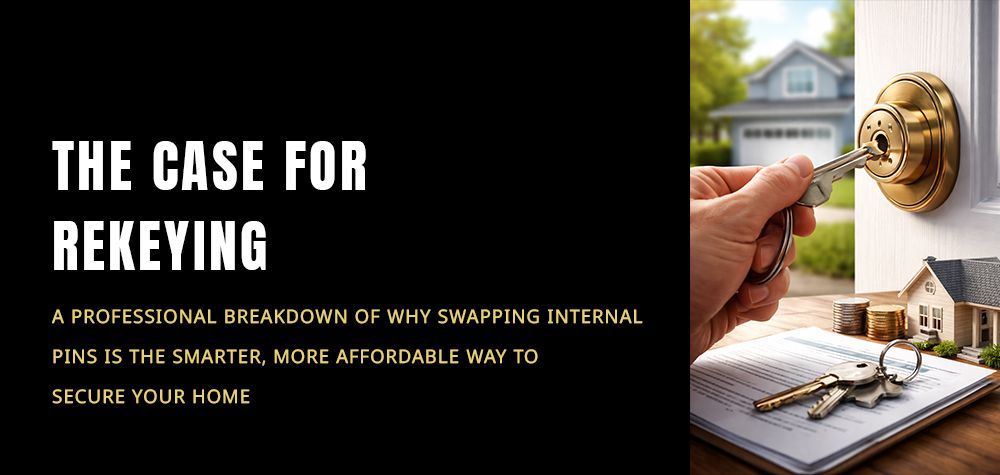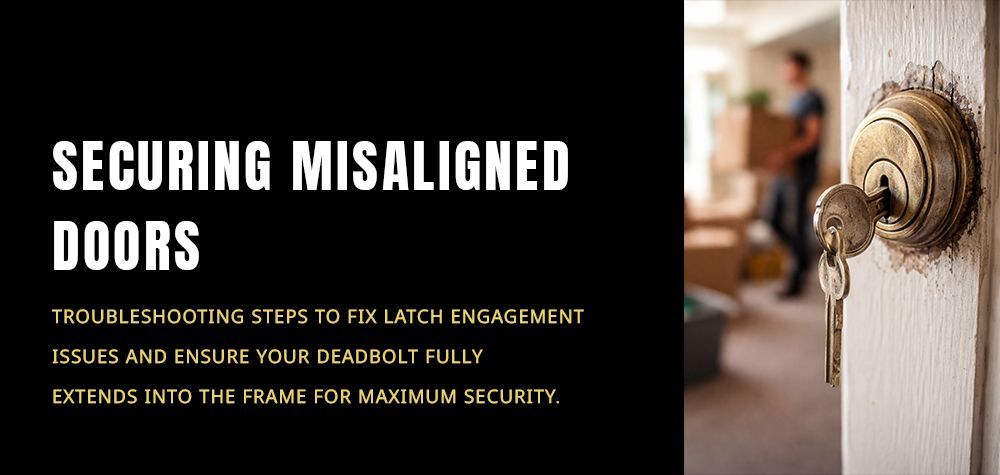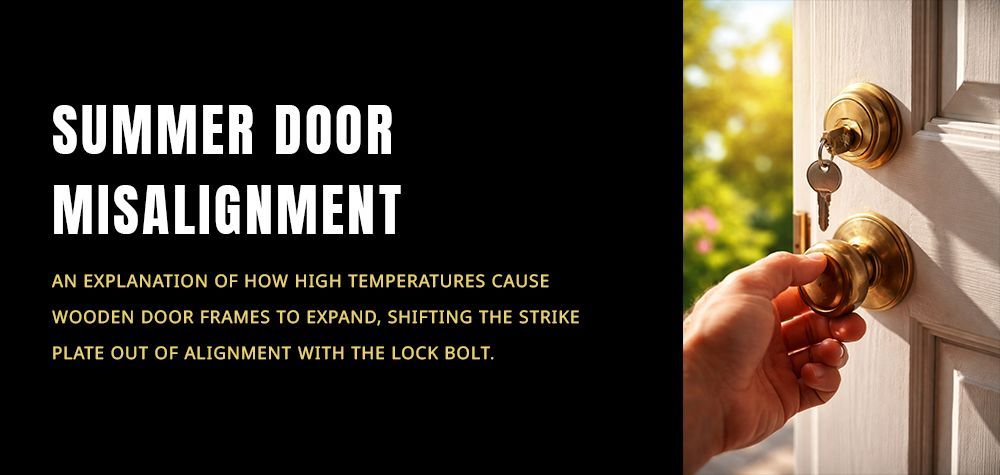How Often Should You Change Your Locks?
When it comes to securing your home or business, locks play a critical role. However, many people wonder: how often should you change your locks? The answer depends on various factors such as security concerns, wear and tear, or personal circumstances. In this comprehensive guide, we’ll explore the signs indicating it’s time to change your locks, the benefits of doing so, and tips for maintaining lock security.
How Long Does It Take to Rekey a Lock – Can I rekey a lock myself?
Why Changing Your Locks Is Important
Locks serve as the first line of defense against unauthorized access. Changing them regularly ensures:
- Improved Security: Worn-out or outdated locks can be vulnerable to picking or breaking.
- Peace of Mind: Knowing your locks are reliable reduces anxiety about safety.
- Adaptation to Life Changes: Events like moving to a new home or losing keys necessitate lock updates.
When Should You Change Your Locks?
1. After Moving into a New Home
Even if the previous homeowners handed over all their keys, you can’t be certain there aren’t duplicates floating around. Change your locks immediately after moving in to ensure you’re the only one with access.
2. If Your Keys Are Lost or Stolen
Lost keys pose a significant security risk. A misplaced key could fall into the wrong hands, making it essential to replace your locks as soon as possible.
3. Following a Break-In
If your property has been broken into, it’s likely the intruders compromised your locks. Replacing them immediately is crucial to restoring security.
4. When a Tenant or Roommate Moves Out
If you’ve had tenants or roommates, replace the locks once they leave to prevent unauthorized access.
5. When Locks Are Worn or Damaged
Locks experience wear and tear over time. If you notice difficulty in turning the key, rust, or other signs of damage, it’s time for an update.
6. Upgrading to High-Security Locks
Older locks may not offer the advanced features of modern high-security options. Consider upgrading for better protection.
How Often Should Businesses Change Their Locks?
1. After Employee Turnover
If an employee with access to sensitive areas leaves the company, change the locks to prevent unauthorized entry.
2. After Security Upgrades
If your business undergoes a security review, lock updates are often recommended as part of the improvements.
3. On a Scheduled Basis
For businesses with high traffic, consider changing locks every few years as part of routine maintenance.
What Are the Benefits of Changing Your Locks Regularly?
- Enhanced Protection: Modern locks offer improved resistance to picking, bumping, and other techniques.
- Custom Access Control: Replacing locks lets you reassign access to new users or limit entry for specific individuals.
- Maintained Functionality: Regularly updated locks ensure smooth operation without frequent malfunctions.
Alternatives to Changing Your Locks
1. Rekeying Your Locks
Instead of replacing the entire lock, a locksmith can rekey it to work with a new set of keys. This is often a cost-effective solution.
2. Smart Lock Upgrades
Consider replacing traditional locks with smart locks, which allow keyless entry and remote control.
DIY Tips for Changing or Rekeying Locks
- Purchase a Lock Change Kit: These kits are available at hardware stores and come with instructions.
- Follow Manufacturer Guidelines: Ensure compatibility with your door and frame before installation.
- Test the Lock Thoroughly: Make sure the new lock operates smoothly before calling it a day.
How to Maintain Your Locks for Longevity
1. Clean Regularly
Dust and dirt can accumulate inside locks. Use a gentle cleaner to remove debris.
2. Lubricate the Mechanism
Apply a graphite-based lubricant to keep internal components moving smoothly.
3. Avoid Excessive Force
Don’t use force when turning the key. If the lock resists, it might need professional attention.
4. Inspect for Wear and Tear
Check your locks periodically for signs of rust, damage, or loose components.
Signs It’s Time for Professional Help
If you experience frequent lock malfunctions or if your locks are outdated, it’s time to consult a professional locksmith. They can assess your current security setup and recommend the best solutions.
Conclusion
How often you should change your locks depends on your personal or business circumstances, but staying proactive is key to maintaining security. Regularly updating or rekeying locks can prevent unauthorized access and provide peace of mind. Whether you’re securing a home or a business, prioritizing lock maintenance and timely replacements ensures that your property remains safe.
For expert assistance, contact a professional locksmith to explore your options and upgrade your locks today!
Call Us Any Time!


